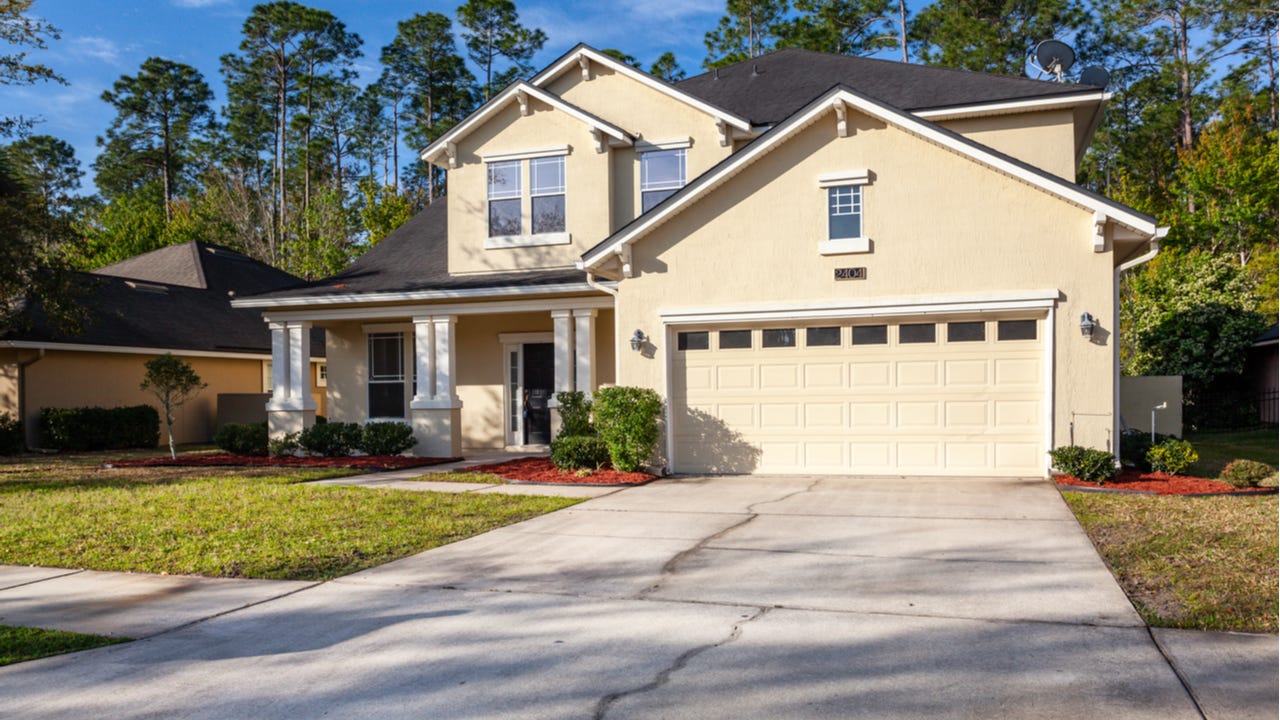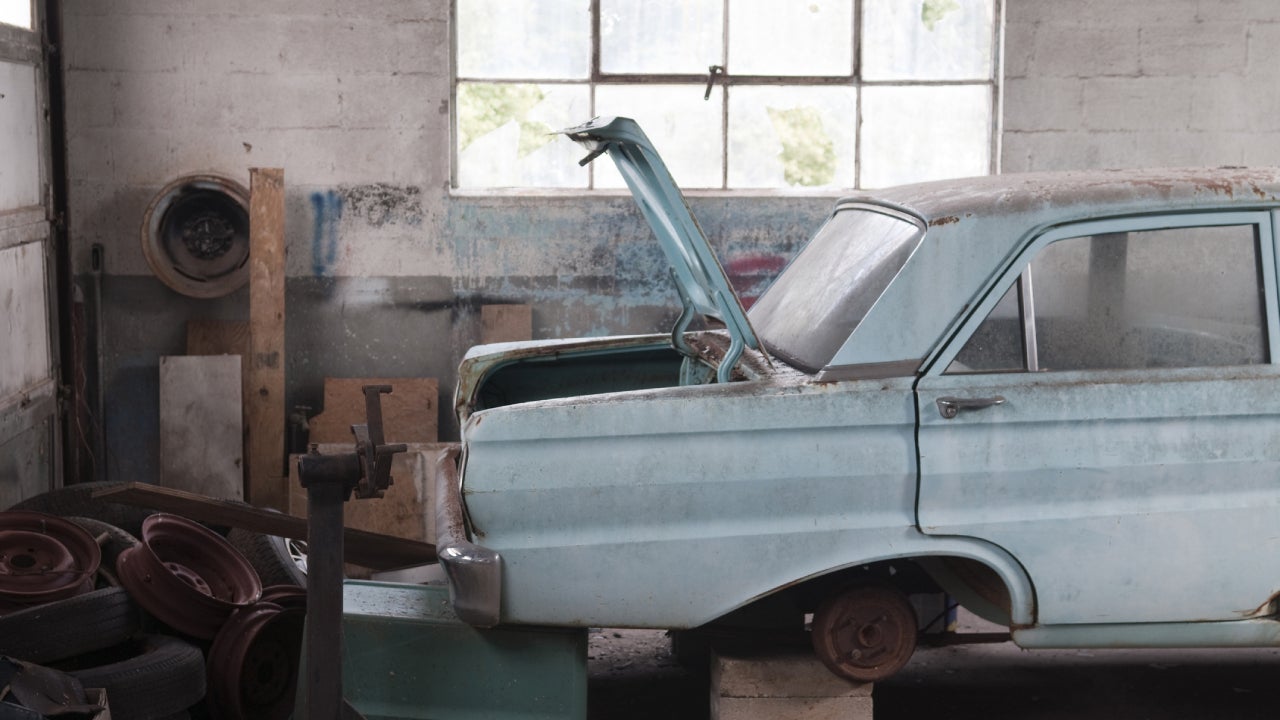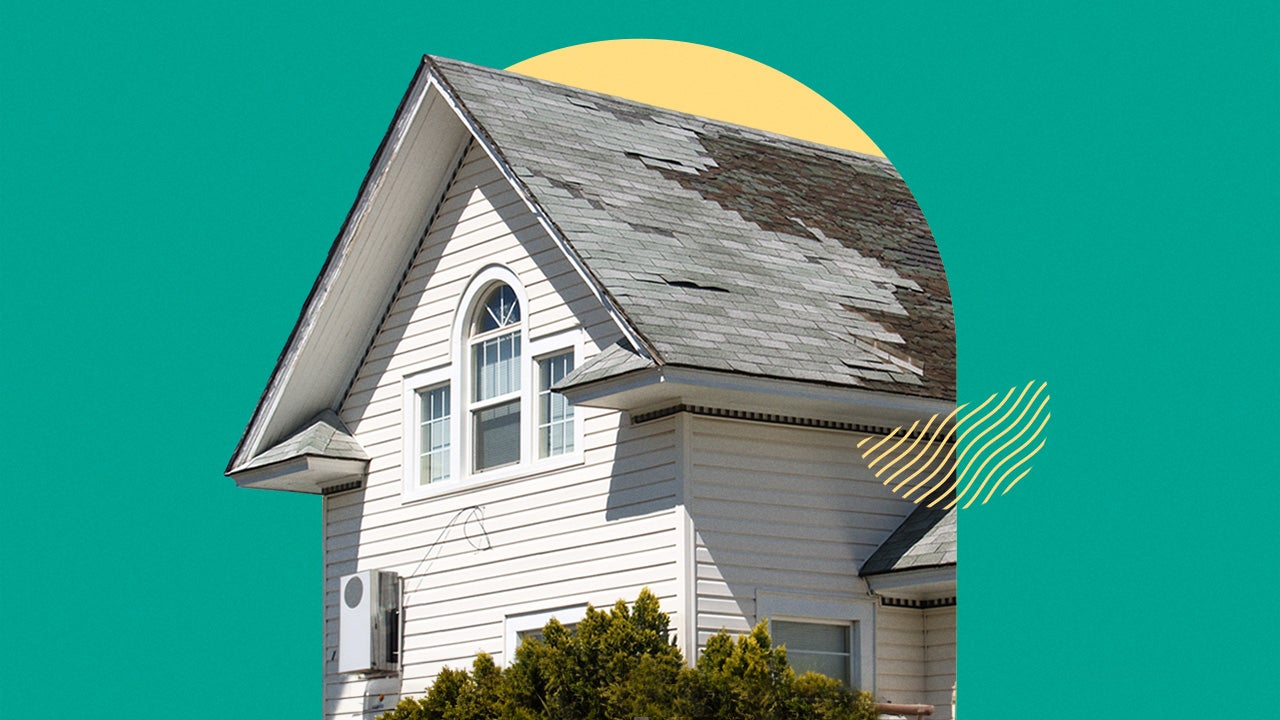Mortgage protection insurance (MPI) vs. life insurance

Key takeaways
- Mortgage protection insurance, or MPI, pays off your mortgage in the event of your death. A life insurance policy pays out a death benefit to your beneficiaries, which they can use for any purpose.
- If you have sufficient life insurance coverage, mortgage protection insurance probably isn’t necessary.
- If life insurance is too expensive or you have a hard time qualifying for age or health reasons, mortgage protection insurance ensures your loan gets paid.
What would happen if you were to pass away before paying off the mortgage on your home? Will your loved ones have enough money to keep current on the loan? If not, you might be wondering about mortgage protection insurance and how it differs from life insurance. Here’s how the two compare.
What is mortgage protection insurance vs. life insurance?
Both mortgage protection insurance (MPI) and life insurance are optional policies that offer some financial protection to loved ones if you die. The key difference: MPI coverage pays off the remaining balance on your mortgage, whereas life insurance gives your beneficiaries a death benefit that can be used for any purpose.
What is mortgage protection insurance?
Mortgage protection insurance specifically pays off your mortgage debt in the event you pass away before the balance is paid in full. Some policies cover your mortgage in other instances besides death, such as becoming disabled or unemployed. The policy remains in effect for the life of your mortgage (30 years, for example).
“Typically, mortgage protection insurance is sold as an option after closing on your home,” says Herb Dorow, co-founder of Cap Asset Risk Management. “The life insurance amount of the policy is tied to your mortgage amount. As your mortgage amount decreases, so does the benefit, but the premium does not decrease.”
Don’t confuse MPI with MIP, which refers to mortgage insurance premiums on FHA loans, nor PMI, or private mortgage insurance. These are required of borrowers who put less than 20 percent down when buying a home.
What is traditional life insurance?
With traditional whole life insurance, you can decide on the level of coverage that’s right for you, and your beneficiaries can decide how to use the money — including to pay an outstanding mortgage. To keep your life insurance policy active, you’ll need to pay your premium either upfront or over time. When you pass away, your beneficiaries receive a payout, often in the form of a lump sum.
Alternatively, you can choose a term life policy that covers you for a temporary period (for example, until your kids graduate college). However, you won’t get paid out if you’re still alive when the policy ends.
Differences between mortgage protection and life insurance
Mortgage protection insurance and life insurance both aim to provide financial support after a policyholder’s death, but they serve different purposes and function in distinct ways. The polices differ in terms of who qualifies, how much they cost and how payouts work.
Here’s a look at how the two options compare:
| Feature | Mortgage protection insurance | Life insurance |
|---|---|---|
| Eligibility |
Minimal underwriting, often with no medical exam required; most plans offer guaranteed acceptance |
Typically requires medical underwriting; eligibility can depend on age, health and occupation |
| Cost | Fixed monthly premiums ranging from $5 to $100, depending on provider and coverage | Premiums vary widely based on age, health, coverage amount and term length |
| Benefit amount | Decreases over time as your mortgage is paid down; ends when the mortgage is paid off | Death benefits remain fixed as long as the policy is active |
| Payout | Paid directly to the mortgage lender to pay off the remaining loan balance | Paid to your named beneficiaries, who can use the funds however they choose |
Mortgage protection insurance vs. life insurance eligibility
Unlike term or whole/permanent life insurance, mortgage protection insurance involves minimal to no underwriting.
“You don’t need to undergo a medical exam to get coverage,” says J. Keith Baker, chair of curriculum for Mortgage Banking at Dallas College in Irving, Texas.
Most MPI plans have guaranteed acceptance, meaning your premium won’t depend on factors like your occupation or health.
On the contrary, life insurance premiums can be based on factors like your age, health and occupation. Many life insurance companies require you to undergo a physical exam, and certain medical conditions can mean the insurer might deny you coverage.
Mortgage protection insurance vs. life insurance cost
The monthly premium for an MPI policy can range from as little as $5 per month to $100 per month. By comparison, life insurance premiums vary widely based on the provider, policy and individual covered.
Learn more: Compare 30-year mortgage rates
Mortgage protection insurance vs. life insurance benefit amount
With most MPI policies, the benefit shrinks as you pay down your mortgage, and the coverage ends once you pay off the loan. In contrast, most traditional life insurance death benefits retain their value as long as the policy is active.
“With traditional term or permanent life insurance, the amount of coverage does not decrease, and you control the policy,” says Dorow.
Mortgage protection insurance vs. life insurance payout
With life insurance, your beneficiaries receive a death benefit that can be used to pay the policyholder’s mortgage balance or for any other purpose. The payout for mortgage protection insurance goes directly toward paying off the policyholder’s mortgage.
Should you choose mortgage protection insurance or life insurance?
Choosing between mortgage protection insurance and life insurance depends on your financial goals, health and ability to qualify for coverage. Here’s how to determine which may be a better fit.
When life insurance may be the better choice
- You want flexibility in how your beneficiaries use the payout. Life insurance provides a lump sum that can be used to pay off the mortgage or cover other financial needs like living expenses, education or medical bills.
- You’re in good health and qualify for a competitively priced term or permanent life insurance policy. These policies generally offer better value for broader coverage.
- You want to leave behind more than just mortgage protection. Life insurance allows you to support your family’s overall financial future, not just your home.
When mortgage protection insurance may be the better choice
- You don’t qualify for traditional life insurance due to age, health conditions or a high-risk occupation. MPI typically doesn’t require a medical exam and is easier to qualify for.
- You’re primarily concerned with making sure your mortgage is paid off when you pass away. MPI ensures that your mortgage lender receives the remaining balance, which can keep your family in the home.
If you don’t have a life insurance policy, our life insurance calculator can help you figure out how much coverage you need.
FAQs
Why we ask for feedback Your feedback helps us improve our content and services. It takes less than a minute to complete.
Your responses are anonymous and will only be used for improving our website.
You may also like


Car insurance for high-risk drivers in California

What does homeowners insurance cover?

HO-3 vs HO-5 insurance for homeowners



